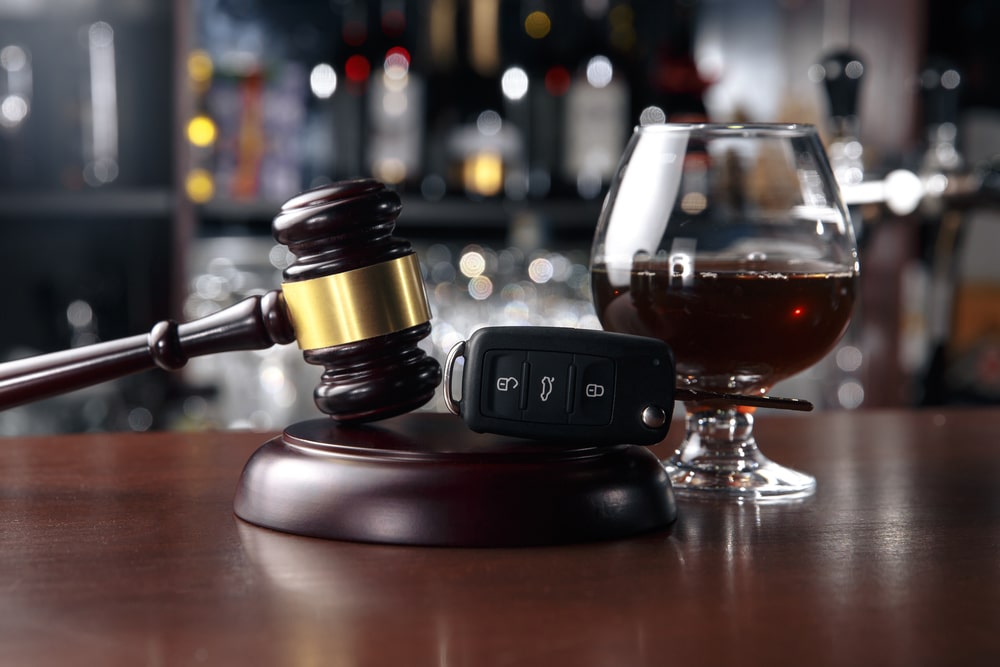
Driving under the influence (DUI) is a serious offense with potentially life-altering consequences. When a DUI crosses certain thresholds, it can escalate from a misdemeanor to a felony, significantly increasing the severity of the charges and the potential penalties. Understanding the nuances and implications of felony DUI charges is crucial for anyone facing or potentially facing such legal proceedings.
In many jurisdictions, the factors that elevate a DUI to a felony include repeat offenses, excessively high blood alcohol content (BAC), causing injury or death while driving under the influence, driving with a suspended or revoked license due to a previous DUI conviction, or having minors in the vehicle at the time of the offense. These circumstances amplify the gravity of the offense, leading to harsher legal repercussions.
One of the most significant differences between misdemeanor and felony DUI charges is the potential for incarceration. While misdemeanor DUIs often result in probation, fines, community service, and mandatory alcohol education programs, felony DUI convictions frequently lead to lengthy prison sentences. The duration of imprisonment varies depending on the jurisdiction and the specifics of the case but can range from several months to multiple years.
Moreover, felony DUI convictions can have long-lasting repercussions beyond the immediate legal penalties. A felony record can severely impact employment prospects, housing opportunities, professional licenses, and even the ability to obtain certain loans or financial assistance. The stigma associated with a felony conviction can also affect personal relationships and social standing.
Additionally, the financial ramifications of a felony DUI conviction can be substantial. In addition to fines and court costs, individuals may face increased insurance premiums, the requirement to install an ignition interlock device in their vehicle at their own expense, and potential civil lawsuits if their actions resulted in injury or property damage.
It’s essential for individuals facing felony DUI charges to seek competent legal counsel immediately. A skilled attorney can assess the details of the case, identify potential defenses or mitigating factors, and navigate the legal process on behalf of the defendant. Strategies may include challenging the legality of the traffic stop, disputing the accuracy of BAC tests, negotiating plea bargains for reduced charges, or advocating for alternative sentencing options such as rehabilitation programs.
Hart J Levin, a seasoned criminal defense attorney, emphasizes the importance of proactive legal representation in felony DUI cases. “Navigating the complexities of felony DUI charges requires a strategic approach and a deep understanding of both criminal law and the specific circumstances of each case,” says Levin. “By partnering with a knowledgeable attorney, individuals can significantly improve their chances of achieving a favorable outcome or minimizing the impact of these serious charges.”
In conclusion, the severity of felony DUI charges cannot be overstated. From prolonged incarceration to enduring social, financial, and personal consequences, the ramifications of a felony DUI conviction are profound. Seeking experienced legal guidance is crucial for anyone facing such charges, as competent representation can make a substantial difference in the outcome of the case and the individual’s future prospects.


